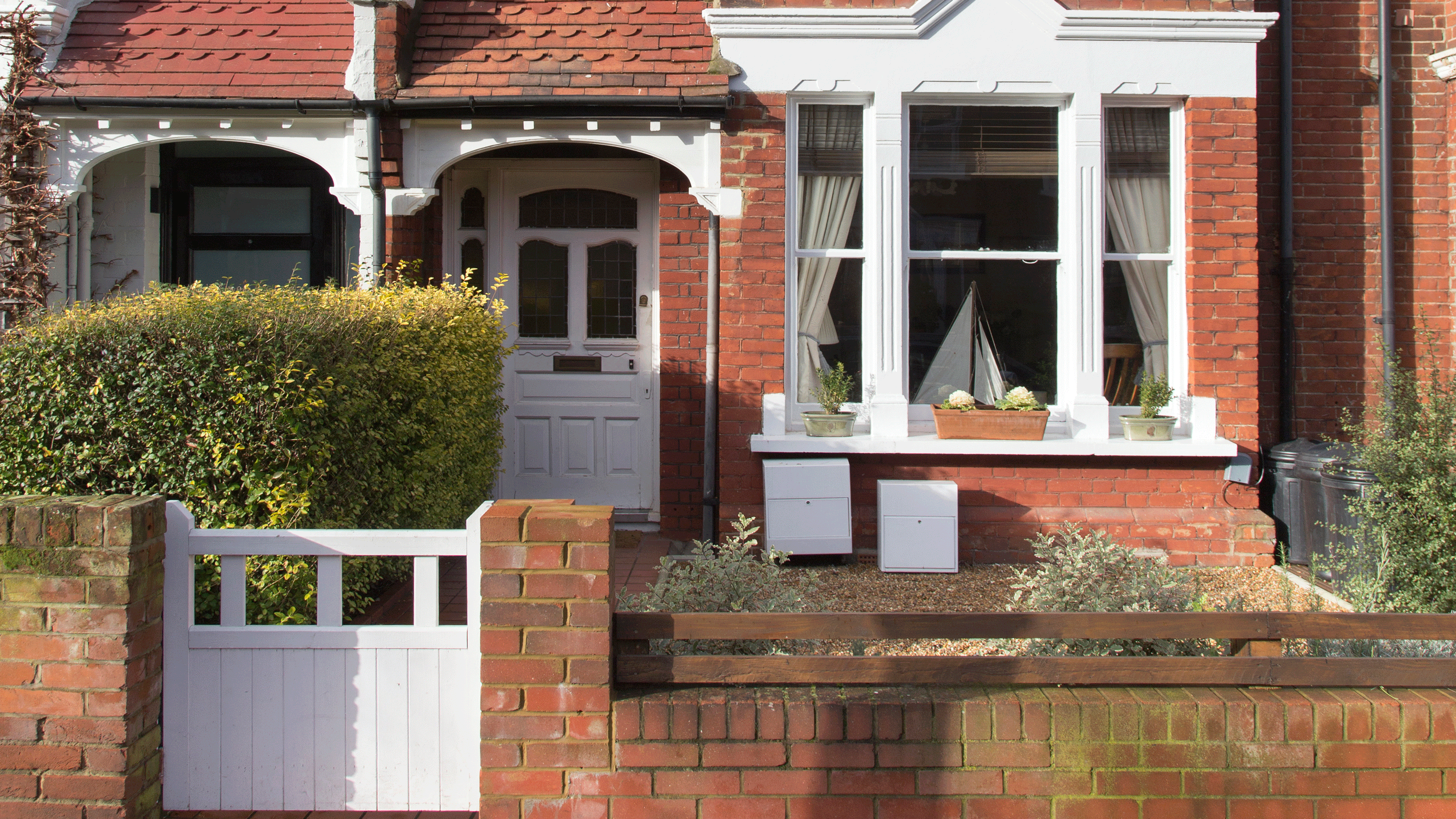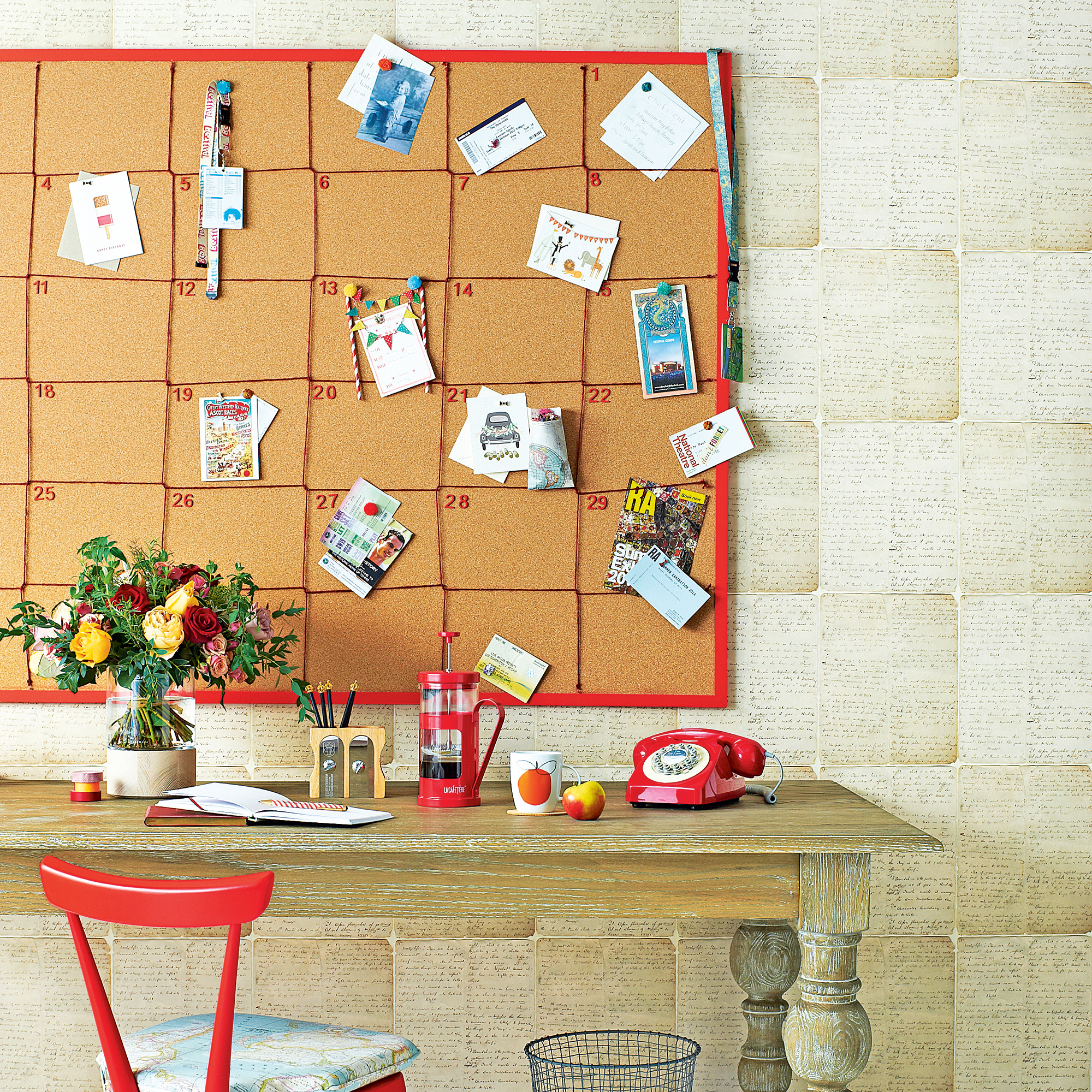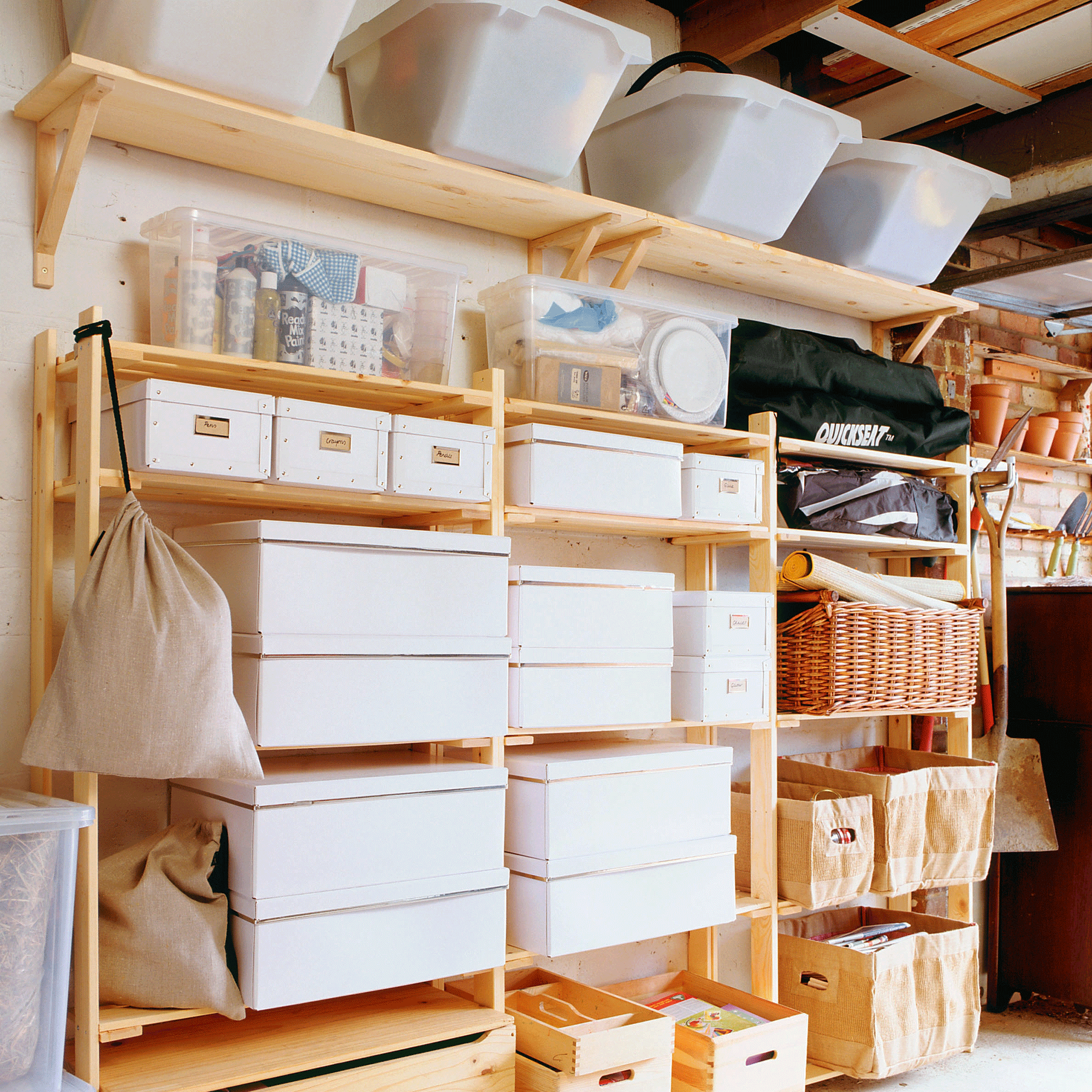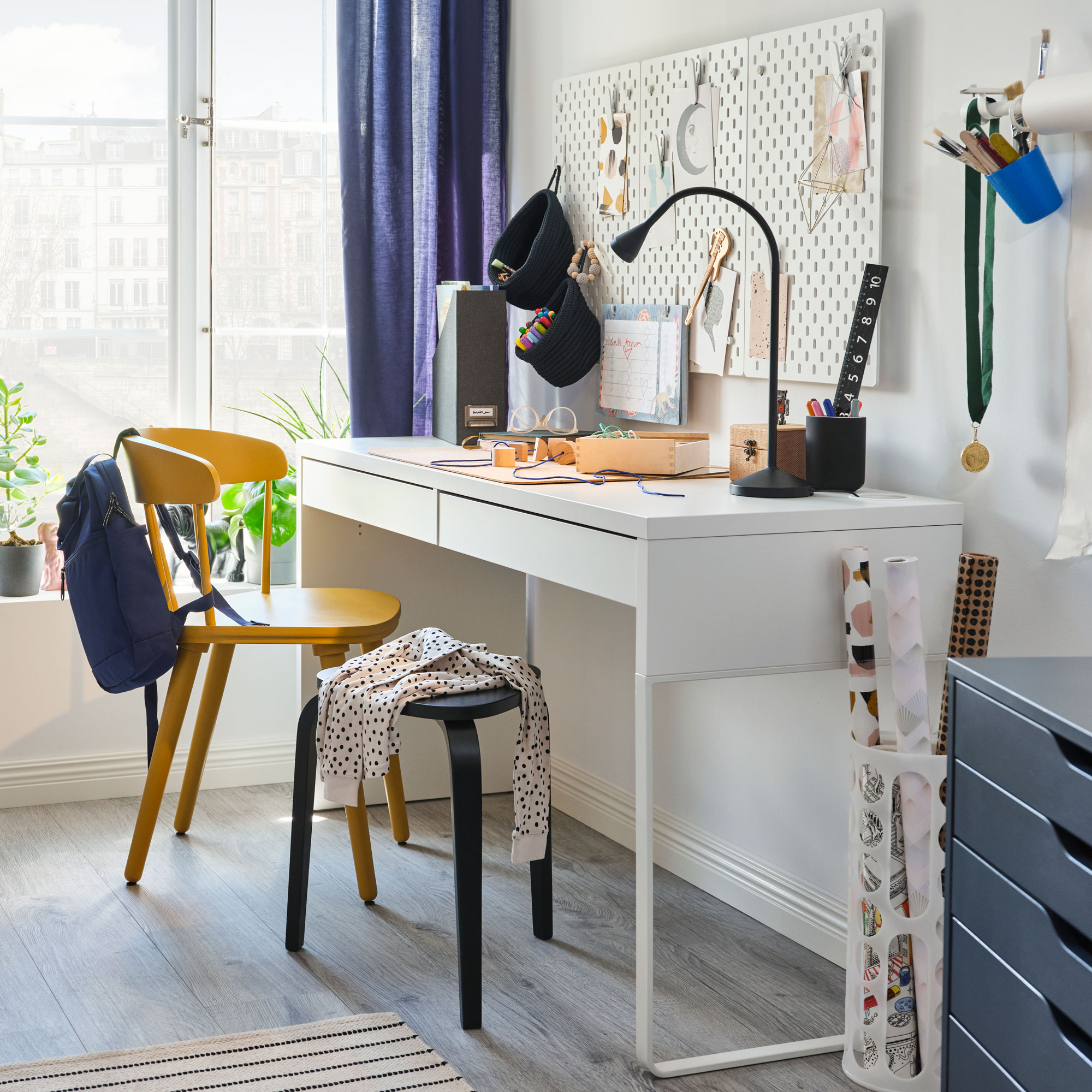8 ways to save money when moving house as average cost of moving soars
The key to cost-cutting is all in the preparation


Rising costs are never welcome news, but especially not when you are making what is likely the biggest expenditure of your life, buying a house. And it’s a time-consuming process and there’s often a lot on your moving house checklist.
But property technology company iPlace Global has estimated that the average cost of moving house has risen by up to 11% compared to last year, taking the average cost up to £13,072.
Simon Bath, CEO and founder of iPlace Global, says: 'Following a frantic couple of years for the UK property market, many movers have had to pay over the odds for mortgage deals, rent, and the moving process itself. This is largely due to services that have pushed up their prices in response to soaring inflation.
'During a period of increased financial strain across the board, saving on unnecessary costs can significantly help – especially when homeownership is becoming increasingly inaccessible for younger homebuyers.'
1. Plan ahead
The frenzy in the housing market has meant that sales have been moving quickly, which in turn, puts home-movers under pressure to meet tight deadlines to ensure the sale goes through. This can mean they are left with less than adequate time to plan the move effectively - which is essential to keep costs low.
Simon Bath from iPlace Global, agrees: 'Stretched demand and overall frenzy in the market have contributed to extreme time pressures, leaving many Brits unable to prepare for the home-moving process – this includes the costs to look out for, available services, and understanding the many steps that are included.'
If you’re planning on moving, even if you haven’t found the property you want to move to, it can pay to start doing your research now. Research the costs of movers or van hire and assess how much stuff you need to move. Assessing this early can give you a clearer indication of how much your moving process will cost and you’ll be able to factor it in when considering your budget for your new property.
Sign up to our newsletter for style inspiration, real homes, project and garden advice and shopping know-how

2. Declutter before you pack
When you’re looking for a property to move to, it’s the perfect time to declutter your existing home. Not only can this help you better understand the size of home and storage capabilities that you need, but it will also mean that you are not paying for packing materials or removal services for items you don’t need, and speeding up the moving process at the same time. All of which can save you money.
If you want to make a bit of extra cash to put towards your move or kitting out your new home, you could always look at selling the items you’re decluttering on sites like Gumtree, eBay or Facebook Marketplace. But this takes time, so it’s best to start as soon as you start looking for a new home.
3. Start packing early and label everything
Packing up always takes longer than you think it will, and it can be incredibly tiring if you leave it all to the last minute, a time when there is likely to be a myriad of things on your mind. It can also make the moving process longer, which can cost you more money if you are relying on the help of professionals.
When you are thinking about moving, take a bit of time to pack up those lesser used items. Start with:
- lofts
- sheds
- spare rooms
- seasonal decorations
- sentimental items
- seasonal clothing
- books.

Do little and often until you are left with your essentials only which can be packed up at the last minute.
If you have a spare room, it could be worth using this as a temporary storage area to avoid feeling like you are surrounded by boxes.
But when you pack so far in advance, it can be difficult to remember what you have packed and where - this is where labelling boxes is essential (you can even write a list of everything in the box and tape this to the outside). This can help the moving process run much more smoothly, meaning it can be completed quicker and on budget.
4. Disassemble furniture before the movers get there
Transporting bulky furniture when you're moving can be expensive as you’ll likely need to hire a van or professional movers to move it for you. But by disassembling things like desks, drawers and wardrobes before moving can mean you can fit more items in a single trip and save money by opting for a smaller van or negate the need for professional movers altogether.

5. Be flexible on your moving date
If you’re flexible about the date you can move, you can save yourself some money. The start of the year is off peak, but demand grows throughout the spring and summer months, so it’s a good idea to be mindful of that when going through the home buying process.
Day of the week matters too. Fridays are the most popular days to move, and as such are likely to be more expensive. If however, you can be flexible on the day you get professional help with the moving, then that can help keep costs low.
Lyndsey Wallbank, marketing director at moving services company Pickfords, agrees: 'There are many factors that influence the cost of a removal. The volume of goods that are being moved is a primary factor as is the distance to be travelled. Timing is also important as prices are influenced by supply and demand.
'Fridays are the most popular days to move as most house sales complete on a Friday. If you are flexible with your move dates, you can save as much as 20% (outside of peak months) by moving on a Tuesday or a Wednesday, which are the least popular days for moving home.
'Demand rises during the holiday periods, and peaks during the summer. The busiest move day in the moving calendar is usually the last Friday in July. Months with the least demand and therefore the lowest prices are January and February, October and November. If you can be flexible with your move day, you can save money by planning to move outside of the busy season.'
6. Do as much as you can yourself
As with many tasks, you can usually save money by doing as much of it yourself as possible before you hire someone to do it for you.
When it comes to moving house, this can be planning to move as much of your stuff as you can yourself, and in your own vehicle (or roping in friends and family members to help), before you think about hiring a van or a removal company.
But this may only be feasible if you are moving to another property that is relatively local. For longer distance moves, the time it takes and the fuel needed for multiple back and forth journeys might mean that it’s actually more cost-effective to hire a professional moving company, who can move all of your belongings in a single lorry load.
This is where it pays to have planned ahead and done your research on costs and how much stuff you have to move well in advance of moving day.

7. Save on packing materials
Packing materials like boxes and bubble wrap can add even more to your moving costs, so if you’re house hunting, it’s a good idea to start keeping any decent cardboard boxes you get from the likes of Amazon, and any free newspapers that come through the letterbox.
Smaller boxes can be easier to manoeuvre and can be better for playing car Jenga when you try and fit as many boxes in as you can. If you don’t get many suitable boxes delivered to you at home, ask your neighbours, friends and family to keep any that they get that might be suitable. You can also ask at work, as some office supplies come in decent sized boxes.
Your local supermarket might also be worth checking - some have a stash of cardboard boxes for free near the checkouts.
8. Don’t be afraid to haggle
Never be afraid to negotiate on quotes you might receive when moving house - if you’re polite about it, the worst someone can do is say no.

Sarah Handley is Ideal Home’s Renovation Editor. She joined the team full time in September 2024, following three years of looking after the site's home finance content. As well as all things renovation, Sarah also looks after our Home Energy content, which covers all aspects of heating and insulation as well as tips on how homeowners can reduce their energy usage. She has been a journalist since 2007 and has worked for a range of titles including Homebuilding & Renovating, Real Homes, GoodtoKnow, The Money Edit and more.